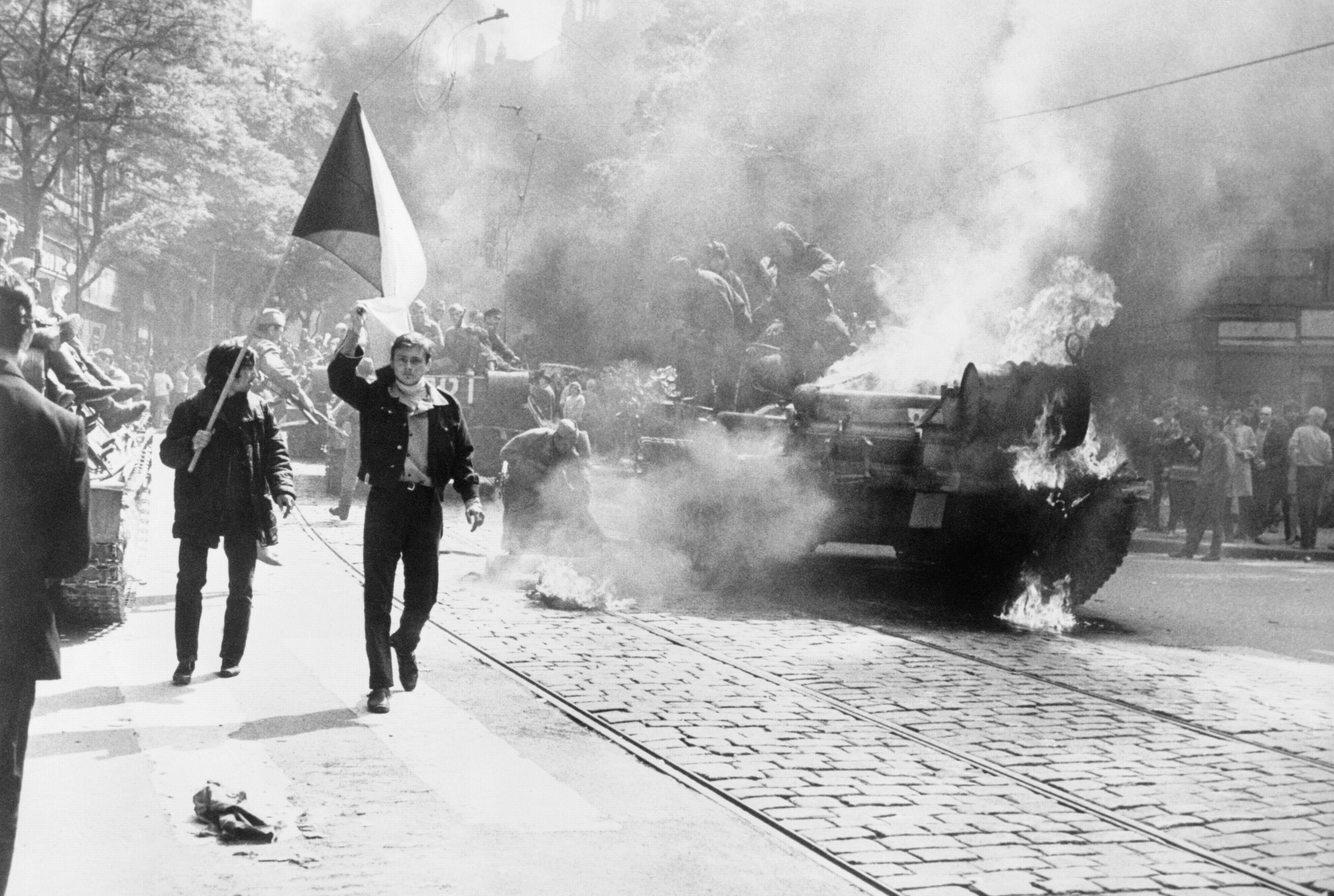"The Soviet Union: Socialist or Social-Imperialist?" is a
two-volume work on the Soviet Union, published by the Maoist RCP in 1983. This
is the second volume, which contains a debate between RCP spokesperson Raymond
Lotta and Professor Albert Szymanski. Lotta argues the rather esoteric thesis
that the Soviet Union post-Stalin was "social-imperialist" rather
than socialist. Szymanski defends the Soviet Union, claiming that it is indeed
socialist.
In a debate like this, both parties are bound to combine both hits and misses...
Szymanski have little problem showing that the Soviet economy (of course) is very different from the capitalist economies. At the same time, the Oregon sociology professor comes across as a remarkably silly apologist for Khrushchev's, Brezhnev's and Andropov's Soviet Union. Szymanski claims that the working class is in command, that even Central Committee members have relatively few privileges, that workers run the individual plants through labour unions, participatory organs and even local Communist Party branches, that the crisis of the Eastern Bloc is solely due to the US-imposed arms race, etc. And this in a debate held in...1983! The martial law in Poland isn't even mentioned. At one point, Szymanski calls the civil war in Ethiopia between the Dergue and the Eritreans "an argument among revolutionaries" (!!).
I'm not sure whether Szymanski really believes all this, but he does reveal that he was once a Maoist himself, but later switched in favour of the Soviet Union. On balance, I'd say...yes, he really does believe that the Soviet Union is Workers' Paradise. What a guy.
As for Lotta, he is clever enough to admit that the Soviet Union doesn't have a classical labour market (or any other classical market for that matter) but then attempts to prove that, somehow, this is still "capitalist". Apparently, the plan is capitalist, since the wrong politics are in command and Soviet society doesn't move in the direction of socialism as ideally conceived (at least not as ideally conceived by Maoists). Lotta is also clever enough to admit that there were severe problems and contradictions in the Soviet Union already under Stalin (thanks for noticing), but nevertheless lands in the orthodox Maoist position that "capitalism" was restored by Khrushchev after Stalin's death. Khrushchev just happens to be the Soviet leader who broke with Mao... Lotta has major problems explaining in what sense the martial law in Poland or the invasion of Afghanistan were "colonialist" or "imperialist" by Marxist standards. The Soviet Union, after all, didn't export any capital to Warsaw or Kabul.
Lotta seems to imply that the Soviet Union is actually weaker than the United States, a position to the "left" of both the original Maoist position (both superpowers are equally dangerous) and the later Maoist position (the USSR is more dangerous than the US). Lotta's position is more similar to the position of Enver Hoxha's Albania, or even some Trotskyists. But yes, I admit that this observation is somewhat esoteric, unless you're a perennial left-watcher!
If you are, you probably have this book and its companion volume already...

No comments:
Post a Comment